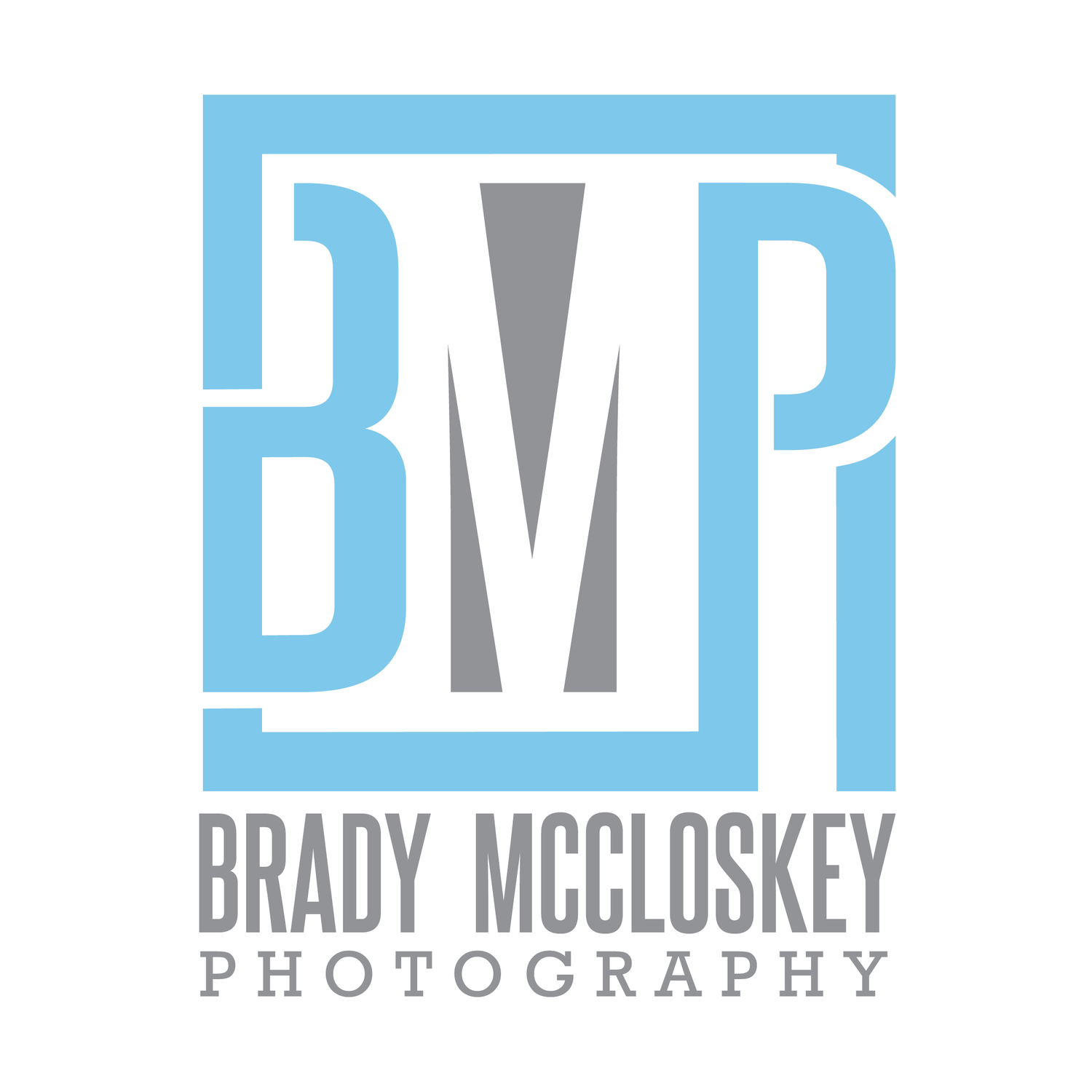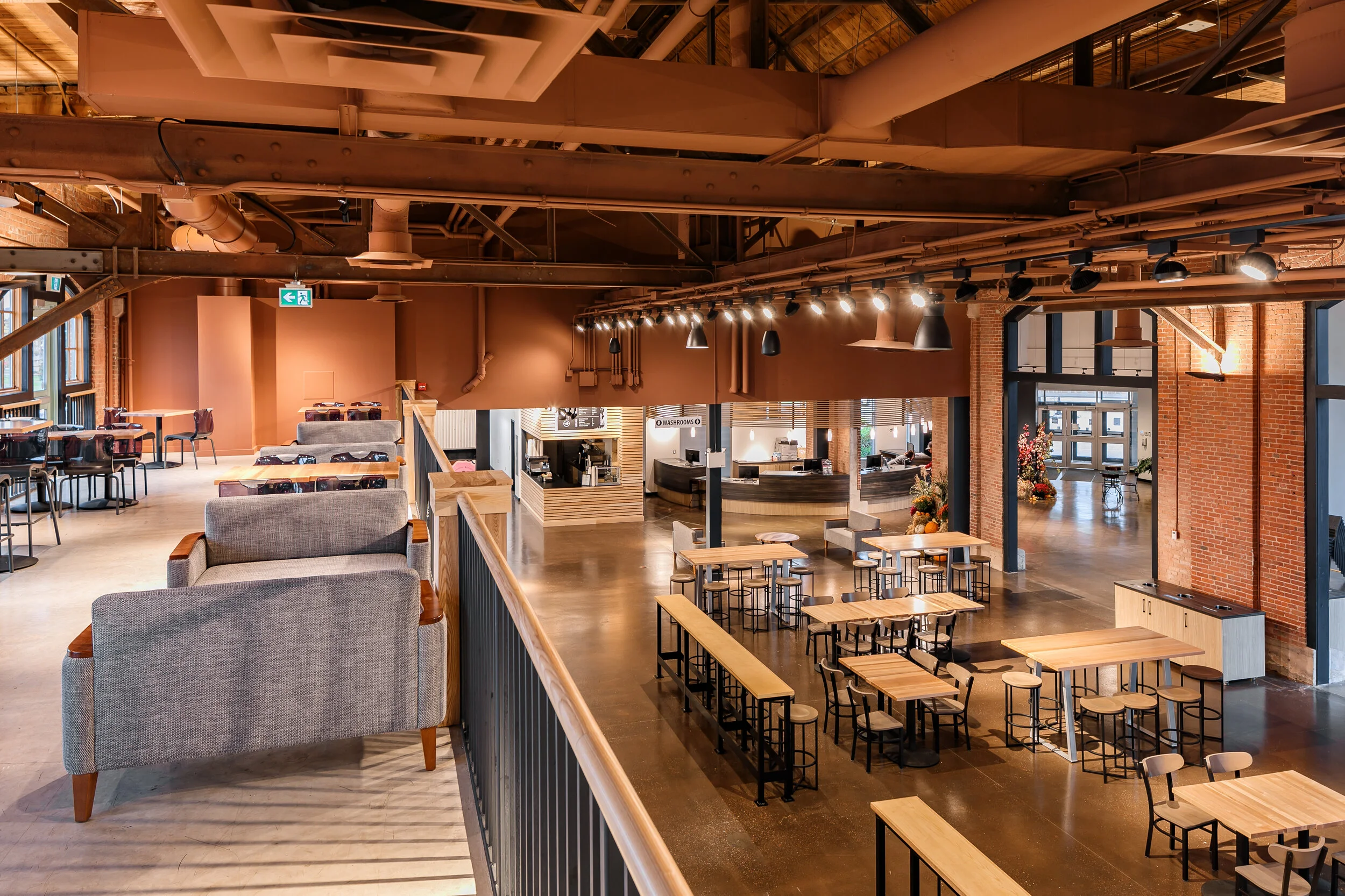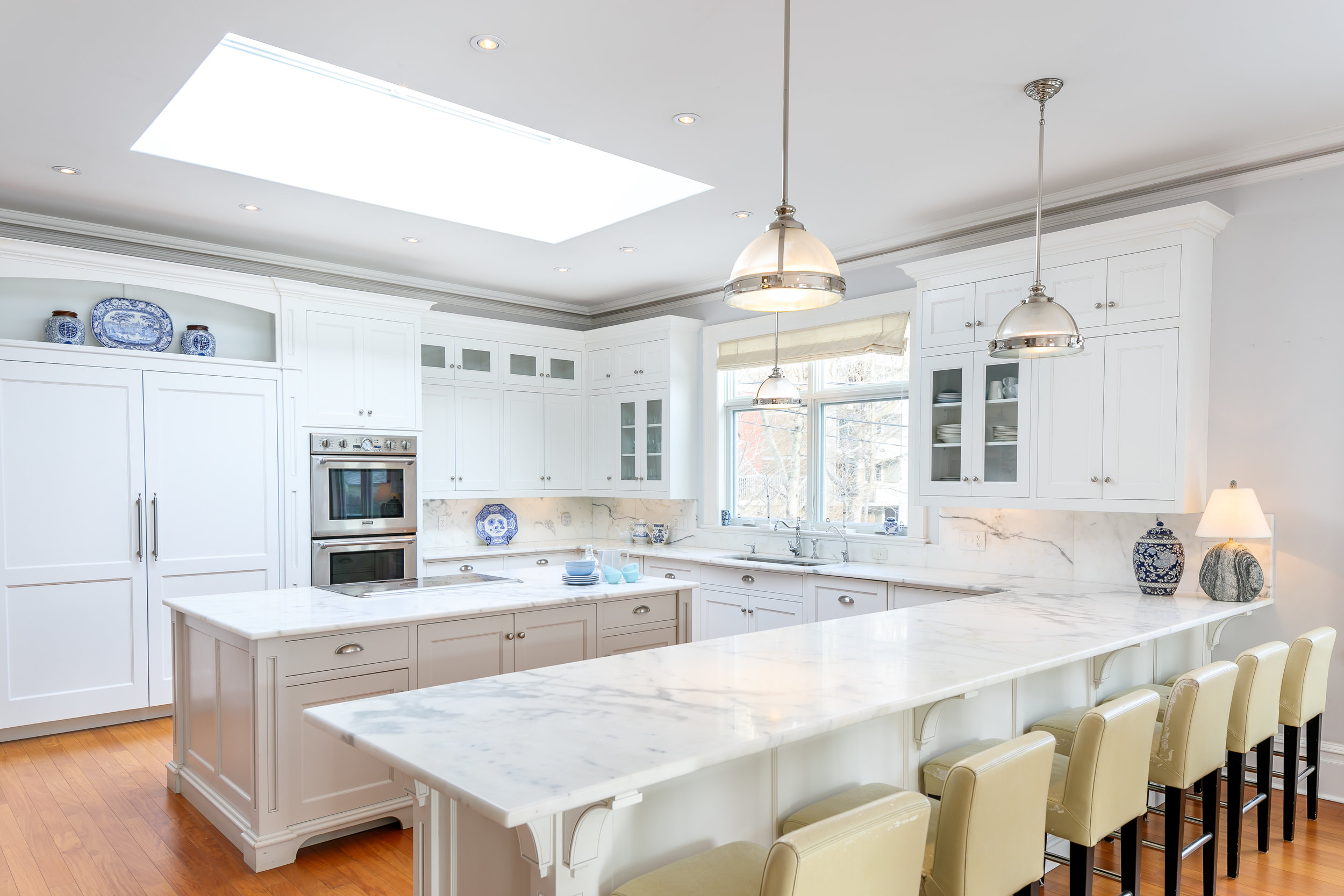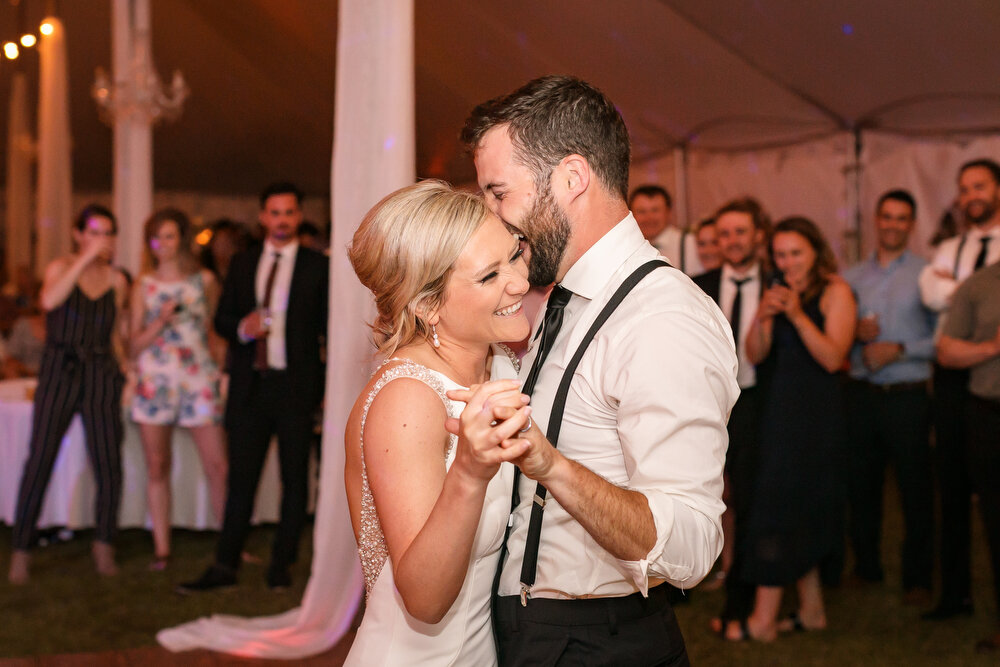Those who love photography know that gear is something we all enjoy discussing, debating, and of course, drooling over. Whatever you may use whether it may be Canon, Nikon, Sony....they all have the ability to take a beautiful photo. Many people will argue that one brand is better than the other but in my opinion it is all about preference, and I choose to photograph with Canon. After my first two Kodak point and shoot cameras broke, I bought a couple more Canon point and shoots. When I decided to buy my first DSLR, Canon was the natural choice.
I often get asked at weddings or events what type of camera I use, what lenses I have, and what I use each one for. So, here I'm sharing 'what's in my camera bag' and the uses I have for each piece of equipment! Under some lenses you'll see an example of photos taken with that particular lens. You'll see just how much it takes to perfectly photograph a wedding, family, or commercial job.
Let's nerd out together.
I couldn't begin talking about what's in my camera bag without actually talking about my camera bag itself. I upgraded to this ThinkTank Airport Navigator because I always struggled with fitting everything at once. I stubbornly gave up the idea of always carrying my bag on my body and switched to a rolling style. Game changer. I love how this packs everything in, is airplane friendly, swiftly rolls around, and can still trek to any beach, or field. My back thanks me for it.
For shorter shoots with only a couple lenses, I’ll usually use my Peak Design Everyday Sling. I love it.
I like to use as little gear as possible to keep things simple and efficient. On a wedding day I am using only 3-4 lenses, and less for other jobs.
Many photographers had been waiting for Canon to announce a new upgrade to the 5D Mark III for a while now, including me. In the Fall of 2016 when the Canon 5D Mark IV was announced I immediately pre ordered it to replace my aging camera body. Pieces were literally falling off my 5D Mark III it was so well used, so the update came at a great time.
Once you get past the sticker shock, the 5D Mark IV is a beautiful machine. Overall, I haven't noticed any massive improvements over the Mark III, but the focusing is quicker and easier, highlights are less blown out, colors are better, and the touchscreen is surprisingly useful. I also have come to love the wifi feature to send photos to my phone. I've quickly fallen in love with this camera.
I would be lost without my 70-200mm f/2.8 IS II lens. Chances are about 75% of the photos on my website and blog were taken with this lens. It is by far my favorite because of the way it matches my photography style with it's versatility, compressed blurry backgrounds, and sharpness. If I have a chance to use this lens over another, I'll pick this 9 times out of 10.
*In the Summer of 2019, I upgraded to the new version of this lens and have seen a big difference in sharpness and focus.
Canon 70-200mm f/2.8 IS
Canon 70-200mm f/2.8 IS
Canon 70-200mm f/2.8 IS
The Tamron 24-70 f/2.8 is a fairly new addition to my equipment and now I've wondered how I went without it in the past. This is the only lens I have that isn't a Canon, but when comparing the Canon version to this, the Tamron was a clear winner for me because of the similar reviews, and the substantial cost savings. I now use this lens for mostly all of my wide angle shots, group portraits in tight places, and on the dance floor to show the whole crowd. It's versatile and a great new addition.
Tamron 24-70 f/2.8
Tamron 24-70 f/2.8
When it comes to photos of rings, jewelry, cards, or anything else close up - this is my go to. The Canon 100mm f/2.8L Macro IS is a great lens that improved my ring shots for one, and is also a nice lens for portraits. Unfortunately this lens stopped functioning properly. The auto focus no longer works right so I am stuck focusing manually until I can get it fixed.
Canon 100mm f/2.8
Canon 100mm f/2.8
Here is a beautiful lens! The Canon 50mm f/1.2L is my 2nd favorite to photograph with. The 1.2 number means the background can go very, very blurry if needed which can make for some really great shots. I use this lens for single shots of 1 person or 1 item, during bridal/groom prep, and during cocktail hours or events when I am mingling amongst the crowd. All equipment photos in this post (besides this photo) were taken with this lens. I find the focal length perfect in many situations.
Canon 50mm f/1.2
Canon 50mm f/1.2
The Canon 17-40 f/4L lens is a great lens for landscape photography in particular. I purchased this lens during the days when I lived in Banff, Alberta and photographed a lot of scenic photos. After that, I used it for a lot of wide angle shots during weddings and commercial jobs. I found it had too much distortion on the edges so it's now taken a back seat to my Tamron 24-70.
My newest lens is the Canon TS-E 24mm tilt shift. This is a crazy lens used primarily for architecture photography to keep all the lines straight and the perspective natural. I've only used this a handful of times so far since it is very specific, but the results I've seen have been awesome. Really happy to have this as part of my kit now.
Canon TS-E 24mm
Canon TS-E 24mm
The Canon 35mm f/2 was purchased for situations where I wanted to be using my 50mm, but didn't have enough space. This mainly comes in handy in tight spaces where I don't have a lot of room to work but still want a low aperture and prime lens.
Canon 35mm f/2
Canon 35mm f/2
I use three Canon 600EX-RT Speedlites for my flash setup. If I'm photographing with one on my camera, the other two are usually being triggered for an off camera flash. I don't use Pocket Wizards or any other triggers because the 600EX-RTs have a built in transmitter which allows me to use flash #1 to control flash #2 and #3, even from across the room. I've gone through multiple flashes in the past few years but have been really happy with these. Plus, the battery life is great.
Photo taken with Canon50mm F1.2 and Canon Speedlite 600 EX-RT
Photo taken with Canon 70-200mm f/2.8 IS and Canon Speedlite 600 EX-RT
In addition to my Canon flashes, I also use the relatively new Profoto A1 external flash. This is my go to for one light setups where I’m not triggering other flashes and only need one on camera. I typically use this for most of my dance floor photos, or really dark areas where I need flash for a quick photo. I also use this as a trigger for my big strobe, the Profoto B1x. The best thing about the A1 is it never misfires, it will go off 100% of the time. The light is also even and really nice. The downsides though are the steep price tag, and the low battery life.
Profoto A1 external flash
Backup Gear
Those are the 5 lenses I carry with me in my main bag to mostly every photo shoot. In the unfortunate event my entire bag ever gets stolen, lost, or dropped in the ocean, I always have a backup in the trunk of the car. My backup bag has a second camera and some essential lenses in the event of an emergency.
A Lowepro Nova 4 is a great little bag I picked up used a few years ago and with all the lugging and traveling it has done, there's not a single sign of wear. It's a quality product.
My backup camera is a Canon 5D Mark III. Although now retired to the backup bag, this thing has been through rainstorms, being dropped multiple times, and has been banged around a lot, but it's tough. Some of my favorite features include the high amount of focus points, high ISO capabilities, and the in camera HDR mode for commercial photography.
The Canon 40mm f/2.8 "pancake lens" is a fun lens that is incredibly small and compact. It's really easy to carry around and fits in a small bag perfectly. Although this is in my backup gear now, I used to use it for cocktail hour/event photos where I would be in tight spaces. This is actually the only lens I usually pack when I travel! It's super portable and fits well in a backpack. All of the shots on my Oregon & Australia/New Zealand trips were taken with this, believe it or not.
The Canon 50mm f/1.8 (right side) is a lens I often recommend to someone who owns a lens that came with their camera, but is looking to purchase a new one. It's relatively inexpensive, light, and can take some nice photos with blurry backgrounds.
The Canon 50mm Compact Macro let's you take close up shots of rings, jewelry, and other small details.
Questions?
Give me a shout in the comments if you have any questions about what gear I use or why. Wondering what type of lens you should use in a specific situation? Advice on a particular lens? Ask me anything!
Thanks for reading!
-Brady



































